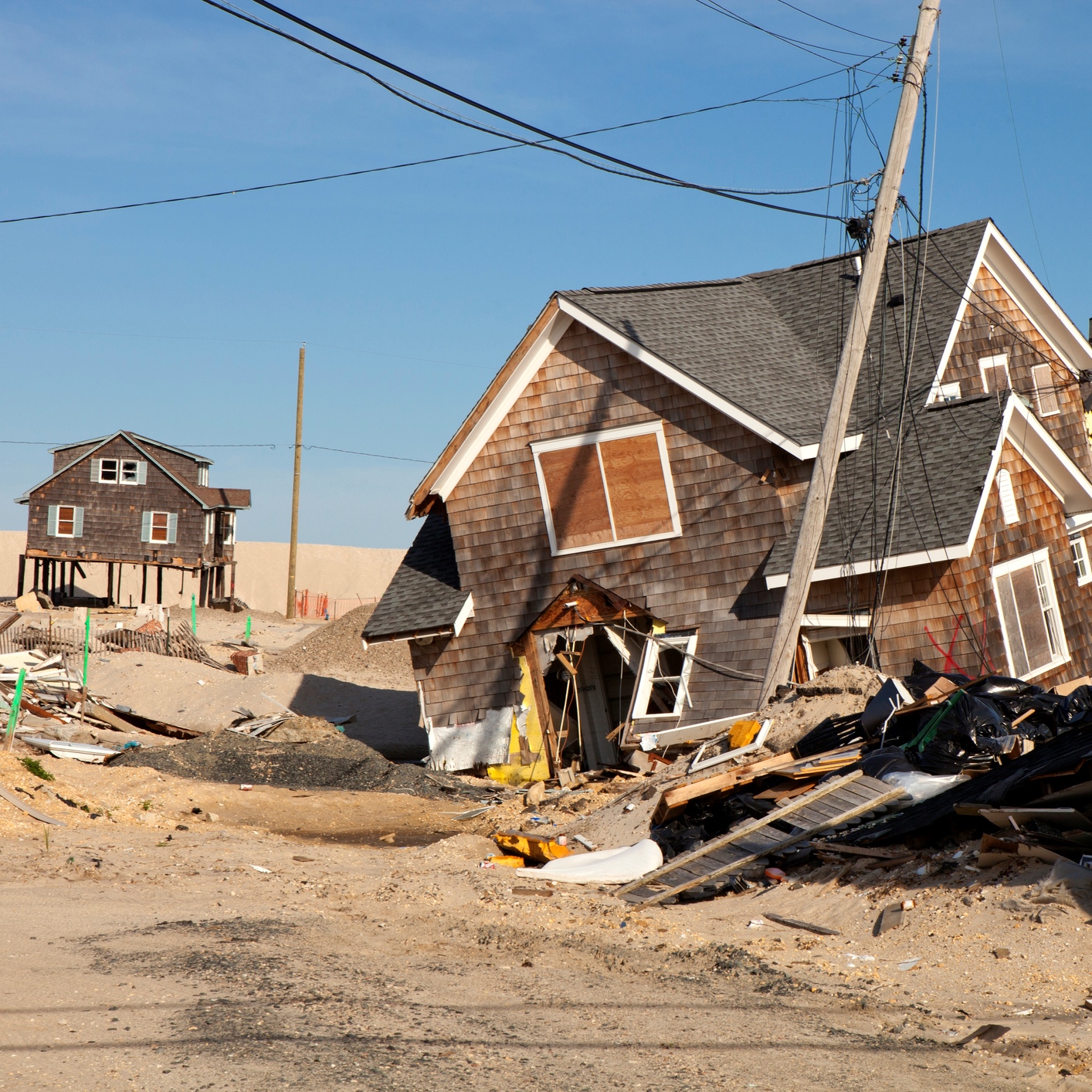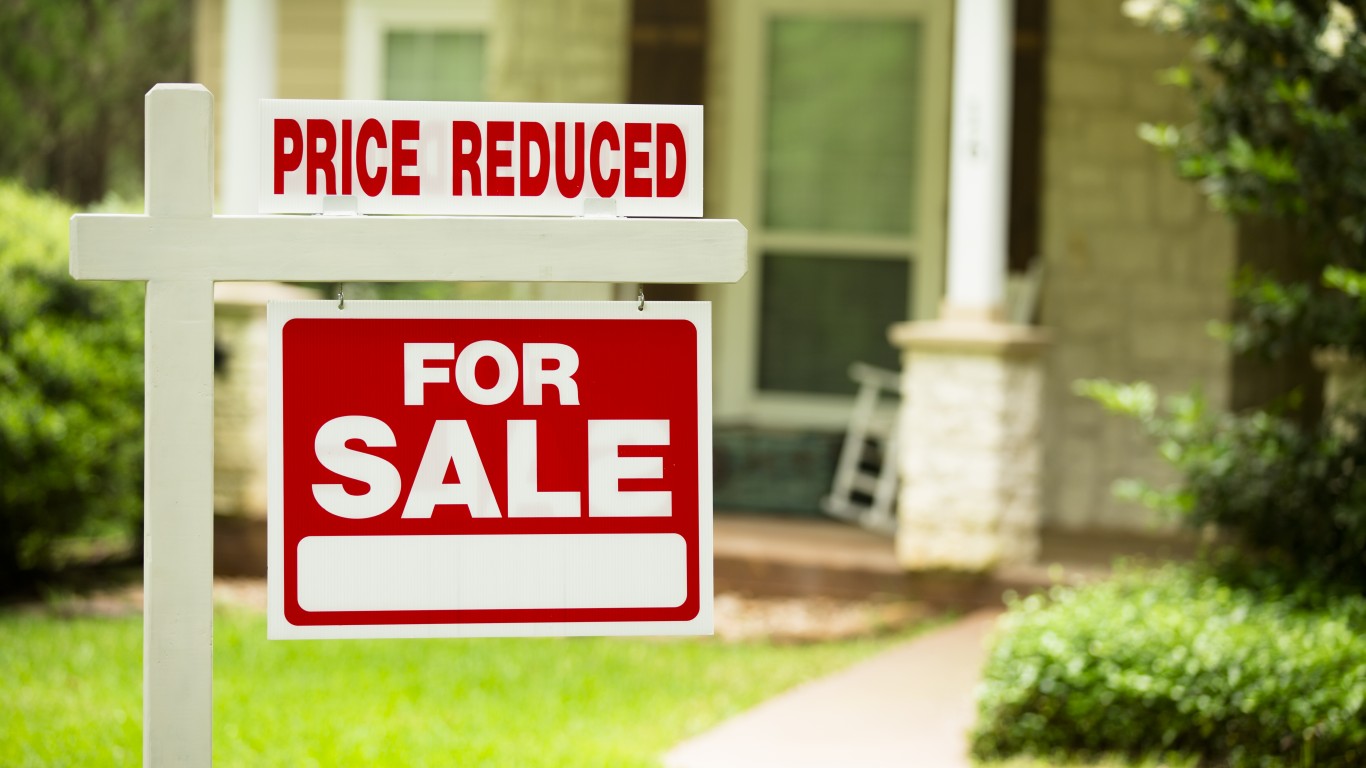
The U.S. hurricane season officially begins today, June 1, and the National Hurricane Center of the National Oceanic and Atmospheric Administration (NOAA) last week released an above-average forecast for the number of storms that could reach U.S. shores between today and November 30.
The prediction calls for 11 to 17 named storms, of which five to nine could be hurricanes (winds of 74 mph or higher) and two to four could be major storms (Category 3, 4 or 5 hurricanes with winds exceeding 110 mph). An average season produces 12 named storms, of which six become hurricanes and three become major hurricanes.
Researchers at CoreLogic on Thursday issued their 2017 Storm Surge Report, which includes the latest analysis of the potential for damage from hurricane-caused storm surges along the Atlantic and Gulf coasts. The analysis suggests that nearly 6.9 million homes along these coasts are at risk of destruction from a storm surge with a potential $1.56 trillion rebuilding cost.
Nearly 3 million homes are at risk of experiencing a Category 5 storm along the Gulf Coast from Texas through the tip of South Florida. An additional 3.9 million homes are endangered along the Atlantic coast from South Florida up to the northernmost tip of Maine. The reconstruction cost value (RCV) for these two areas reflects the greater number of homes along the Atlantic Coast, with an RCV of just more than $970 billion, compared to $593 billion for the Gulf Coast.
About three-quarters of that storm-surge risk — $1.13 billion — is concentrated in just five states: Florida ($536.52 billion), Louisiana ($180.61 billion), New York ($180.13 billion), New Jersey ($140.18 billion) and Texas ($94.375 billion). The totals for New York and New Jersey do not include amounts for homes at low risk of storm damage.
The 15 metropolitan areas facing the most potential property damage are led by Miami, where more than 784,000 properties are at risk, with a total reconstruction value of more than $143.47 billion. Based on rebuilding costs, New York City tops the list with a total reconstruction cost of $264.31 billion for 723,000 properties. Here is the full list, ranked in order of properties at risk:
- Miami: 784,773 properties; reconstruction value of $143.48 billion
- New York City: 723,183 properties valued at $264.31 billion
- Tampa: 459,275 properties valued at $80.82 billion
- New Orleans: 391,004 properties valued at $92.56 billion
- Virginia Beach, Virginia/North Carolina: 388,349 properties valued at $87.37 billion
- Cape Coral, Florida: 313,955 properties valued at $63.03 billion
- Houston: 283,380 properties valued at $53.38 billion
- Bradenton, Florida: 254,900 properties valued at $48.03 billion
- Naples, Florida: 183,090 properties valued at $40.83 billion
- Jacksonville, Florida: 171,189 properties valued at $37.38 billion
- Philadelphia: 164,725 properties valued at $41.11 billion
- Charleston, South Carolina: 149,308 properties valued at $37.00 billion
- Myrtle Beach, North Carolina: 126,170 properties valued at $22.04 billion
- Boston: 125,689 properties valued at $35.85 billion
- Lafayette, Louisiana: 122,196 properties valued at $25.11 billion
Travel Cards Are Getting Too Good To Ignore (sponsored)
Credit card companies are pulling out all the stops, with the issuers are offering insane travel rewards and perks.
We’re talking huge sign-up bonuses, points on every purchase, and benefits like lounge access, travel credits, and free hotel nights. For travelers, these rewards can add up to thousands of dollars in flights, upgrades, and luxury experiences every year.
It’s like getting paid to travel — and it’s available to qualified borrowers who know where to look.
We’ve rounded up some of the best travel credit cards on the market. Click here to see the list. Don’t miss these offers — they won’t be this good forever.
Thank you for reading! Have some feedback for us?
Contact the 24/7 Wall St. editorial team.




